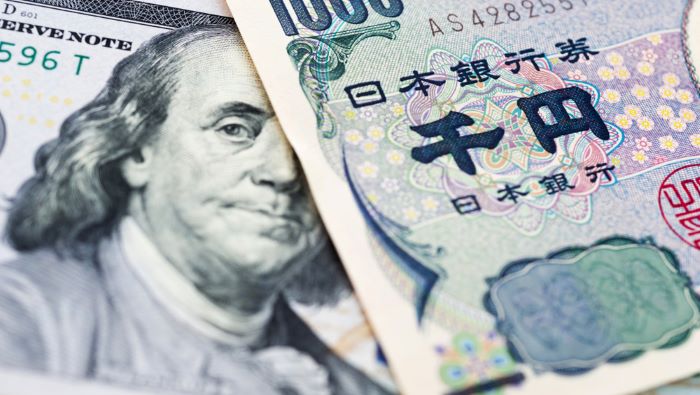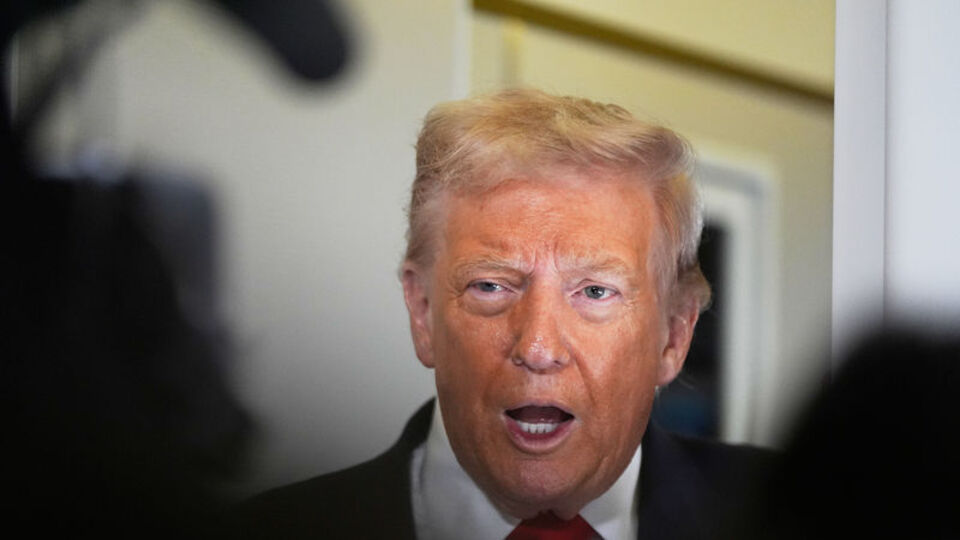
President of the United States Donald Trumphas signed an important agreement that will change the direction of global trade. Under the new trade agreement with Japan, Customs duties on car imports reduced from 25% to 15%. In addition, customs duties, which are expected to be imposed on many other products imported from Japan from August 1, will be reduced at a similar rate. The move is considered the largest trade opening following President Trump's global tariff plans announced in April.
With this move, the Trump administration aims to both strengthen ties with allies in Asia and reduce costs for the American consumer. At the same time, the agreement is Reducing the US trade deficit on Japan It is seen as a strategic step towards it. The automotive sector, which accounts for a quarter of Japan's exports to the United States, will thus escape the shadow of heavy tariffs.
Japanese Prime Minister Ishiba They see the agreement not only as a tariff reduction, but as an opportunity for strategic economic transformation. With the agreement, the Japanese government will encourage companies operating in critical sectors such as pharmaceuticals and semiconductors to build robust supply chains within the United States, according to Ishiba. To this end, Japanese companies Up to $550 billion in long-term loans and guarantees Support is planned to be offered.
Thus, Japanese firms will have not only a commercial relief, but also the opportunity to gain a more effective position in the American domestic market by moving their production to the United States. In this new era, the Japanese giants are expected to build new factories, R&D centers and logistics facilities in the United States.
In the immediate aftermath of these developments Bank of Japan (BOJ) Vice President Uchida gave strong signals to the markets regarding monetary policy. Uchida noted that “excessively high trade uncertainty” poses downside risks on economic activity and prices. BoJ ready to raise interest rates if necessary These statements by Uchida, who stressed, were noted ahead of the monetary policy meeting to be held at the end of July.
As you will recall, the BOJ pulled out of its massive stimulus program last year and signaled tightening by raising its short-term interest rate to 0.5% in January. The positive effects of the new trade agreement on the Japanese economy could bring a possible interest rate hike back on the table.
Initial reactions in financial markets And it got mixed up. The US dollar continued to lose value after Trump announced the deal. Dollar Index (DXY) It fell to 97.48 and has fallen 6.6% overall since the “Liberation Day” tariff announcement in April. This decline reflected positively on emerging-market money, while also partially boosting risk appetite.
Gold prices It declined after the deal as investors turned to riskier assets. Although spot gold retreated to $3.422, the weak dollar and low Treasury bond yields continue to offset interest under it. Experts in case Trump signs deals with more countries before August 1 short-term pressure on gold prices This can happen if the dollar remains weak That the $3,500 level could become a target again anticipates.
Oil markets It recovered slightly after three days of decline. Brent crude futures up 0.31% To $68.80US West Texas crude oil up 0.26% To $65.48 came out. But tensions between China and the EU and low expectations for an EU-China summit this week have limited further price rises for now.
On the other hand, the US Secretary of Energy said in the context of the war in Ukraine New sanctions on Russian oil He was given a signal that he could come forward. Although such geopolitical statements provide short-term support for oil prices, the main direction will be determined by trade relations and central bank decisions.
Benzer Haberler
.png)
Yakında Tüm Platformlarda
Sizlere kesintisiz haber ve analizi en hızlı şekilde ulaştırmak için. Yakında tüm platformlarda...







.png)